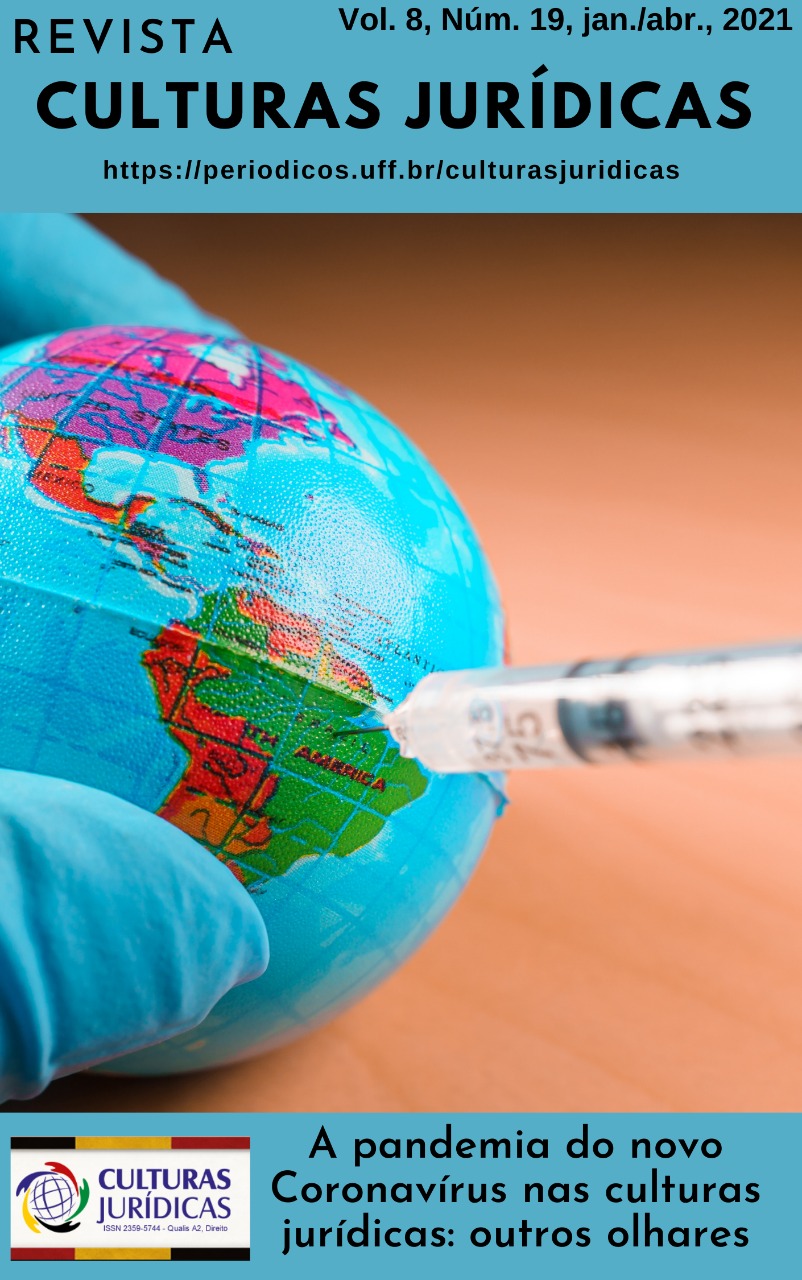ASPECTS DE L'INTERCULTURALITÉ EN TEMPS PANDÉMIQUE À LA LUMIÈRE DU DROIT FRATERNEL
Résumé
La situation actuelle de pandémie dans le monde a obligé l'humanité à repenser des concepts qui avaient été consolidés jusque-là. Il y a plusieurs questions à ce sujet, mais ce que nous cherchons à analyser, c'est comment les mesures de confinement du virus peuvent être adaptées aux différentes réalités et cultures, en particulier des peuples autochtones, qui ont des concepts très différents de la maison et de la santé par rapport à la culture dominante. Ainsi, il fallait instaurer un dialogue interculturel, à travers l'herméneutique diatopique, qui considère quelles mesures sont les plus efficaces à appliquer en fonction de la réalité de chaque peuple. Pour la recherche, la méthode déductive sera utilisée et une revue de la littérature sera réalisée avec des données d'organisations internationales, des actualités et, en particulier, le cadre théorique du droit fraternel d'Elígio Resta. Il est conclu que la pandémie réaffirme la nécessité de mettre en œuvre le Code fraternel proposé par Elígio Resta, qui consiste en un modèle de vie partagée qui établit des paramètres pour que l'humanité elle-même défende les droits de l'homme et, par conséquent, de manière plurielle et participative, inclure tous les droits, les peuples, dans leur diversité, dans le processus de prise de décision.





